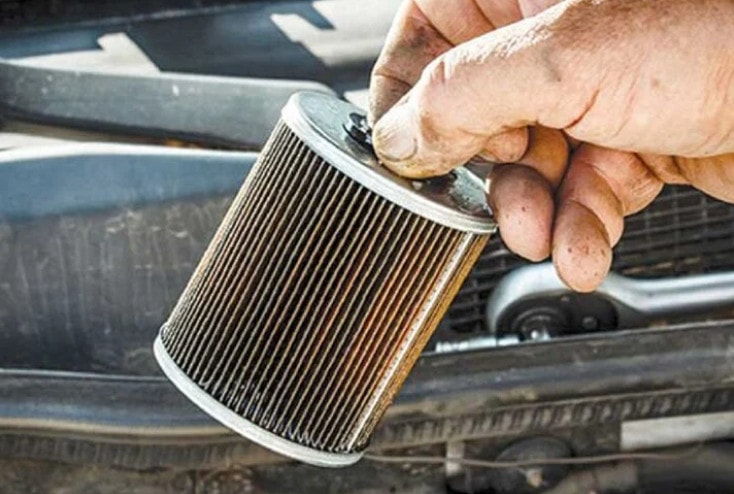Signs that your car is using non-standard gasoline
Gasoline quality affects the performance of the vehicle's engine. When gasoline contains any additives that are not recommended, it will affect the engine's combustion process.
Below are some basic signs to recognize when your car is using substandard gasoline.
Car stops while running
This is the most obvious sign that your car is using “dirty” gasoline. This happens when the combustion process does not provide enough energy to the engine.

Engine difficult to start
When you encounter this problem, you must check the condition of the fuel and oil in the car. Because the engine is difficult to start, it can often be caused by water mixed in the fuel.
Problems related to acceleration
The throttle response will be affected if the car uses non-standard gasoline. The fuel combustion process inside the car does not take place completely because of the pollutants in dirty gasoline, and when you try to accelerate, the slow throttle response is the most noticeable sign.
Damaged fuel filter
A damaged filter means that the filtration process is compromised, leading to debris and dirt in the tank. Since the function of the fuel filter is to filter out dirt and keep the gas in the tank clean, you should check your vehicle's regular maintenance schedule to replace or check the cause of the damaged fuel filter.
Sudden change of speed while moving
Driving speed can vary even when you are barely pressing the accelerator pedal or you can notice signs of inconsistent speed. A simple, quick fix to this is to change the fuel source.
Car fire, explosion
Using dirty, poor quality fuel can cause vibrations in the car's engine in general and the car's technical structures in particular due to uneven fuel combustion.
Large vibrations will cause the engine joints to loosen, causing liquid or vapor fuel to spill out and encounter high temperatures in the engine casing and surrounding oxygen-rich environment, leading to vehicle fire and explosion.
What is the difference between regular gasoline and premium gasoline?
The octane rating between these two types of gasoline is completely different. The higher the octane rating, the more the fuel can withstand compression before it burns (explodes), and that is also the reason why many people think that using premium gasoline is better than regular gasoline, when the octane rating of premium gasoline is 93 and 91. Meanwhile, regular gasoline has this rating of 87.
However, using premium gasoline is not necessary. The engine of the car is not designed to handle any type of gasoline other than regular gasoline. If the engine requires natural gas, using premium gas may not meet the combustion efficiency.


